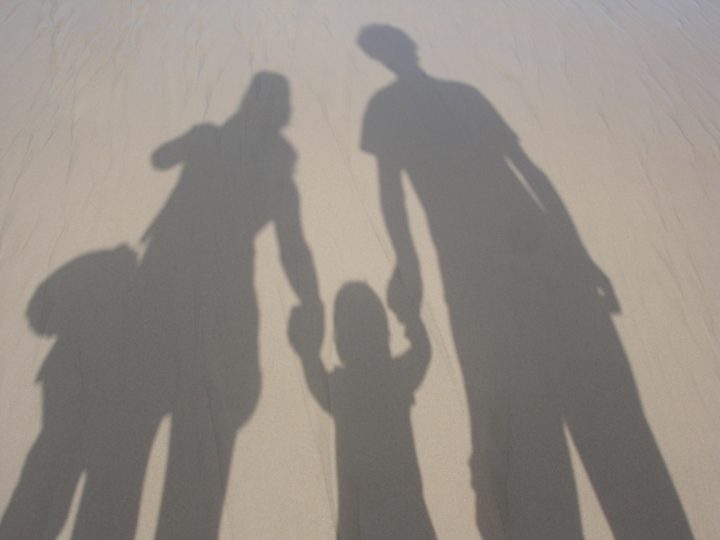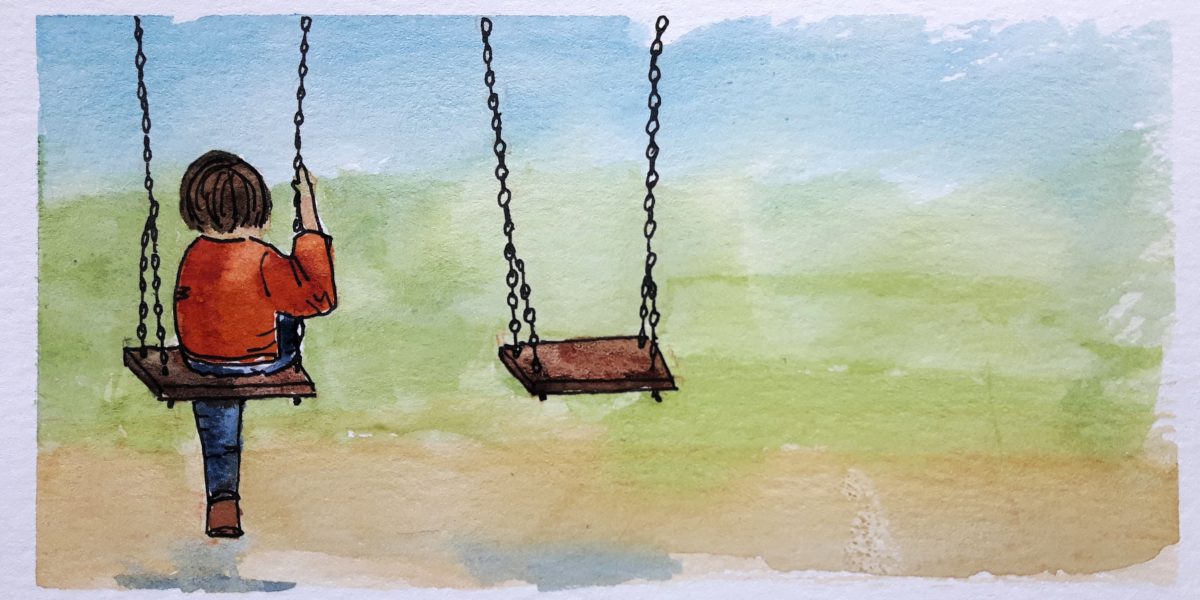
The last two mornings have been really tough, and I’ve shouted at my child.
I’m not proud of losing my temper, not at all. And if I’ve gone down in your estimation by admitting it, then so be it. Feel free to unsubscribe now. I gave up the belief that I had to be perfect in order to effectively help others some years ago (probably around the same time I became a parent!)
I share it with you however because it’s been a grave reminder to me how easy it is for parenting-guilt to arise. In my book The Imperfect Parent I call it the Shitty Guilt Fairy. And oh my, does the Shitty Guilt Fairy love it when I lose the plot! She kicks off her sparkly shoes and settles in, good and proper. And guess what comes with her? You’ve got it, the good old Inner Critic. This version is special however and probably hurts the most – the Inner Parenting Critic.
The biggest pearl of wisdom I’ve ever learned from a parenting-psychologist (one which I drove 6 hours to go and train with for one day, and 6 hours back) was this:
“F#^k our kids. We give them everything we’ve got and they still demand three times as much!”
And isn’t that just the truth? The parenting equation isn’t one that is set up fairly, in my view. We do our best, we care, and we have the best of intentions to be the BEST parent we can be at any given time. We care for them, love them, teach them right from wrong and try hard to not give them labels that are hard to grow up with
And it’s when we’ve given everything and they still need more and push our buttons, that’s a recipe for losing it. For the last two mornings I’ve encountered nothing but obstacles and complaints one after the other, that have driven me to the end of my tether:
I can’t wear those leggings, the kids will laugh at me (dissolves into screaming fit)
I don’t want that toothbrush I want an electric toothbrush! (dissolves into screaming fit)
I don’t want to wear that because it’s been in the washing machine! (dissolves into screaming fit)
I wanted to sleep with my glo-ears on! I didn’t want you to take them off! (dissolves into screaming fit)
My socks are falling down! (dissolves into screaming fit)
My egg tastes like a vanilla tree and it’s making me really sick! (refuses to eat, dissolves into screaming fit)
Let me be really clear on my stance on parenting and why I wrote my book: I DO NOT BELIEVE in courses that claim to achieve “Peaceful Parenting”. If you’ve done them and they’ve worked for you, and you can remain 100% calm 100% of the time, then good for you! I’ve received criticism for this stance on social media and I’m fine with that. It doesn’t change my stance. I find the most effective way of living my life is to be a realist. For me, these so called ‘goals’ are lofty and unattainable and therefore extremity unhelpful to us as parents in the expectations they create. I don’t believe they are achievable, and when we fail to achieve them, as we inevitably will, it simply gives us another reason to beat ourselves up. In my view, even the Dalai Lama would struggle to keep his cool after 24 hours of parenting. And who knows how he’d do with a particular challenging child, or doing it solo, or doing it sleep-deprived, or a combination of all three?
Of course we all want to be calmer and not lose it quite so often. But because of the above – that we give them all we have and they still demand three times as much– losing it is inevitable. And what I DO NOT LIKE is the cruel guilt-driven beat ups that parents give themselves about being “a bad mum” or “not cut out for this” or whatever. I’m calling BS on the whole thing!!
Losing it is inevitable. How we treat ourselves in response to that is optional.
I’m not going to lie. I’ve heard my Inner Parenting Critic the last few days. I’ve felt the guilt, and it’s hurt. I’ve been in floods of tears, completely undone by it all. And you know what? I’m so glad I know how to get myself out of that spiral these days. If I didn’t have an Inner Coach Practice (and let’s face it some really good friends) then I dread to think how far down the spiral I would actually go. Once again, if I go down in your estimations for admiring that, then so be it. But it’s the truth.
Self-compassion, self-empathy, forgiveness and kindness are the only ways to genuinely learn and move on.
With love for all the parents out there. It’s the hardest job in the world, and because you care and are self-aware, you’re doing amazingly well.
Charlotte x
